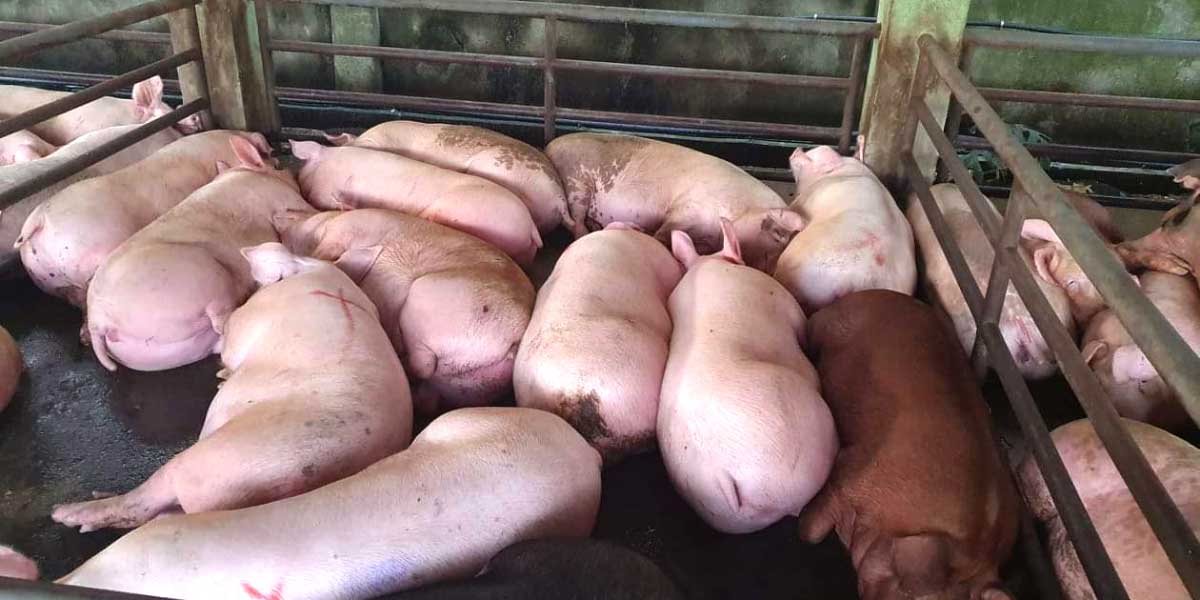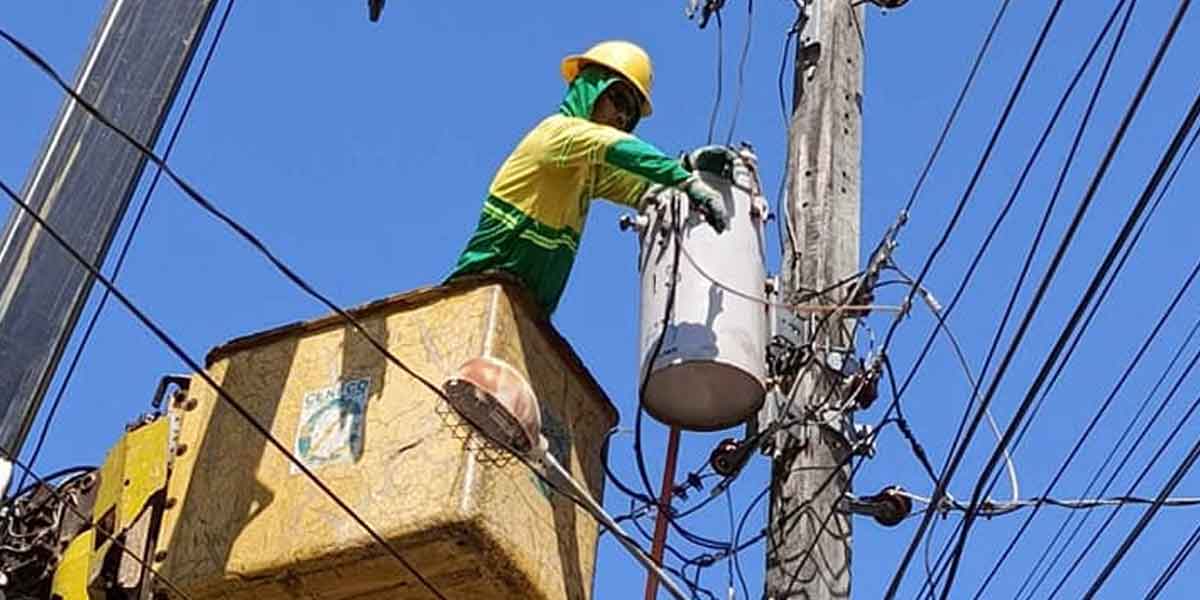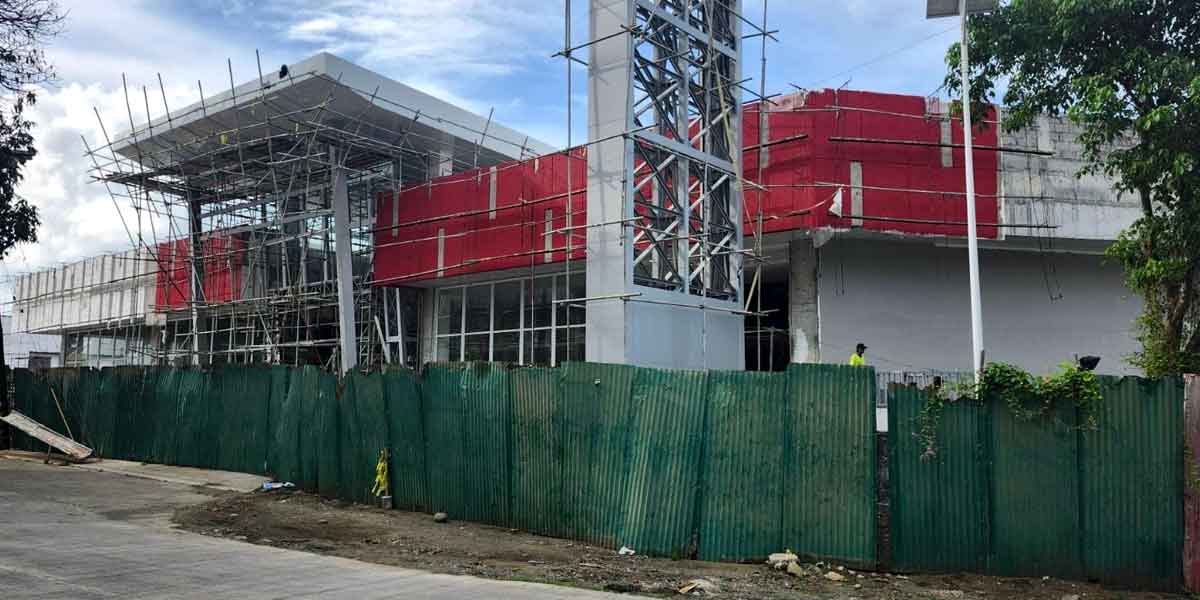 By Engr. Edgar Mana-ay
By Engr. Edgar Mana-ay
According to a study conducted in England, people who were previously been infected with coronavirus and who are themselves protected by antibodies could still carry the virus and infect others. The study called “SARS-Cov-2 Immunity and Reinfection Evaluation (SIREN) and conducted between June 18 to November 24 last year, also found that while re-infection is possible, it appears to be rare, at least for the first 5 months after becoming sick. The study was published middle of January this year with the science journal NATURE and the peer-reviewed journal, THE BMJ.
Of the participants in the study who had already fallen ill (around 6,600), only 44 or less than 1 percent were re-infected by the virus. In other words, immune response from the first infection reduced the risk of contracting the virus by 83%. Of the roughly 14,000 people who had not been previously infected in the study, 318 were tested positive for the virus (2.3%). The researchers DO NOT KNOW how long the protection lasts beyond the time frame of the study.
More over those who were re-infected did not usually suffer from serious illness. Only about 30% of the people with possible re-infection reported any symptoms, compared to 78% of those who contracted the virus for the first time. But as noted, sometimes those who had recovered and were then re-infected has high viral loads, meaning there was still a high chance that they would transmit the virus to others.
The study was meant to give insight into the effects of the vaccines. The goal of the researchers was not to assess whether symptoms were better or worse during the 2nd infection, and this question requires further evaluation. The subjects were mostly young, middle aged females who anyway tend to have less severe symptoms than older people. The study was conducted mostly before the British mutation which could change the dynamics of the results. Some suggested that the existence of a mutation would lower the effectiveness of the immune response, but more research would be required. This is not the first study published on re-infection. A separate study that was published in November 2020, also in England, found that people who had the virus are highly unlikely to contract it again for at least 6 months after the first infection.
The state of Israel made history this first month of 2021 when it launched a highly complex campaign at top-speed and vaccinated one million people in two weeks! It was also exceptional that despite the dessert condition with the Pfizer vaccine requiring a cold chain storage of minus 70 degrees centigrade, less than 1,000 vaccines were destroyed. Here in our country the senate is still investigating all moves of the Executive with regards to vaccine purchase. At the speed the Philippines is going on its vaccine purchase, I estimate I will get vaccinated here in Pavia by July, the earliest! How I wish I could be wrong in my estimate.
Talking about the coronavirus vaccination, will it really reduce infection and asymptomatic disease and thus confer indirect protective effect? The answer is not self-evident as one might think. Administering a vaccine to the muscle, which leads to both cellular immunity and formation of anti-bodies of the type that spreads in the blood streams but does not guarantee the formation of antibodies in the mucous membranes of the nose and the mouth, which are required to protect the person from a mild upper respiratory infection and potential spread to other people. To date there has been no properly designed study to determine whether this is true and to what extent, but the Clalit Research Institute in Israel has a relevant large scale on going prospective study on this.
The extent of indirect protective effect depends not only on how many get vaccinated, but also who gets it first. For example, inoculating adults who are socially isolated will have less effect than inoculating young people who are at the center of the social network, as was demonstrated in the past studies for influenza. Non-homogenous mixtures of vaccines (different brands used by different NGO’s who are ordering on their own) in the population further complicates the assessment of this indirect protective effect. But without question we must first and foremost complete the vaccination of the vulnerable groups, the elderly, as soon as possible as the direct effect is clear and not dependent on the ever-changing public behavior.
As our country prepare for that most awaited vaccination period, let us ponder on the following points that will determine who will win the 2021 “race” between the vaccination campaign and the virus spread.
The real-life vaccine effectiveness among the elderly. – In the recent published Moderna study, the efficacy was 94% among young people, compared to 86% among those 65 years and older. These results indicate the need for conservative assumptions of real-life vaccine effectiveness in a campaign that focused on the sickest immune-compromised subgroup.
The vaccine effectiveness in reducing infection and infectivity to others. The Moderna vaccine study hints at 60% effectiveness in reducing infection, which is a very reasonable working assumption and very good news.
The effectiveness of the present containment efforts imposed by the government. So far there is a coherent and calibrated moves of the Joint Task Force on where, when and duration of GCQ, MGCQ or localized lockdowns that is quite effective and responsive to the surge and wane of the virus. It always takes into consideration its impact on the economy.
The rate of speed of the new covid UK variant in our country. So far its serious appearance is in Bontoc (of all places!) and that less than 20 were infected although contact tracing is not 100 percent efficient. The new UK variant is potentially a game changer if and when it becomes a dominant strain in the Philippines.
But perhaps the most important factor is WHEN WILL VACCINATION ACTUALLY START AND WILL WE HAVE ENOUGH AND CONTINUOUS SUPPLY!





















